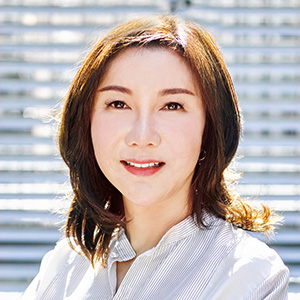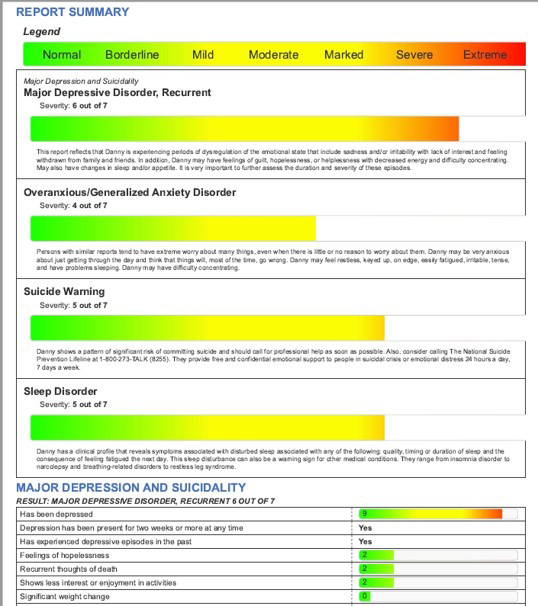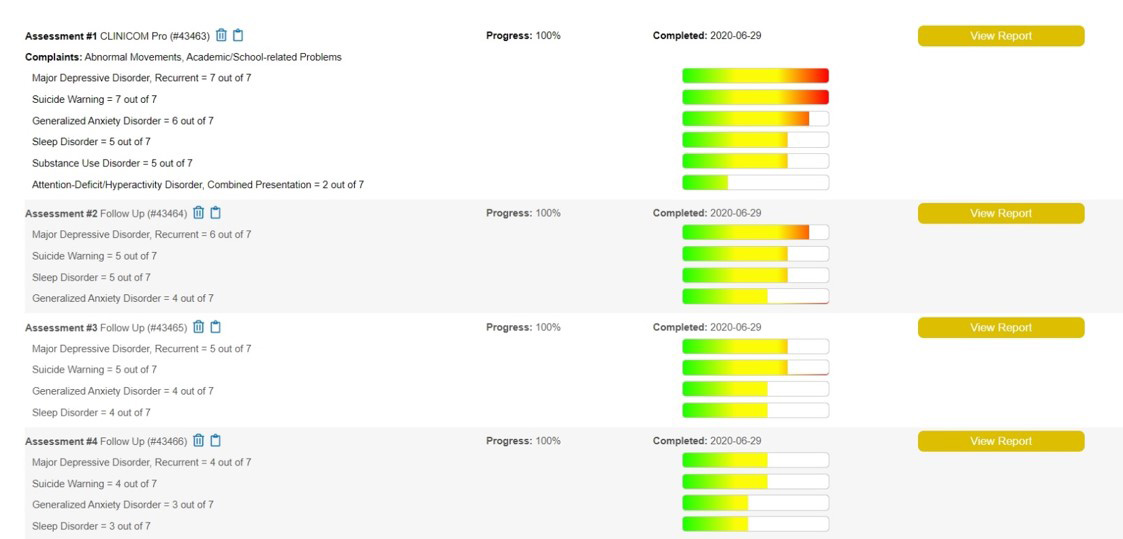Episode Two: Mental Health Awareness with Dr. Nelson Handal
Guests

Shunee Yee
Shunee Yee is the President and CEO of CSOFT International and CSOFT Health Sciences, overseeing operations across 3 continents. In her 25+ years of industry experience, Ms. Yee has been featured in numerous publications, including the Economist, Fortune Magazine, Forbes Asia, and IDG journals. She is also a Fortune selected Top 10 Most Powerful Women Entrepreneur in 2012 and was identified by CNN Money as one of technology’s 36 most powerful disrupters. In June 2016, Ms. Yee helped launch the Shenzhen 100 research report, utilizing qualitative indicators to support global market strategies. Her many contributions in the sphere of education include the Johns Hopkins-Nanjing US-China Center, Michelle Obama’s Let Girls Learn initiative, and her work on the board of trustees at Dexter Southfield School. Additionally, Ms. Yee is a member of the Joslin Diabetes Center’s A Taste of Ginger committee, supporting the Asian American Diabetes Initiative (AADI).

Nelson M. Handal, MD, DFAPA
Dr Handal is the Founder and President of Clinicom, Clinical Faculty at the Alabama College of Osteopathic Medicine in Dothan, Alabama, a Distinguished Fellow of the American Psychiatric Association (DFAPA) and is a Diplomate of the American Board of Psychiatry and Neurology. For the past 20 years, Dr. Nelson M. Handal has been the Founder, Chairman, and Medical Director for Dothan Behavioral Medicine Clinic – a large and modern mental health clinic in Alabama. He is also the Founder and Medical Director of Harmonex Neuroscience Research, where he participated in clinical research as a primary investigator in over 80 clinical trials for the past 14 years. Dr. Handal has won numerous awards, including the Heroes in the Fight Award given by Mental Health America, and Excellence in Public Mental Health Award given by the National Alliance on Mental Illness (NAMI). In addition, Dr. Handal has been recognized as one of America’s Top Psychiatrists given by the Consumers’ Research Council of America.




